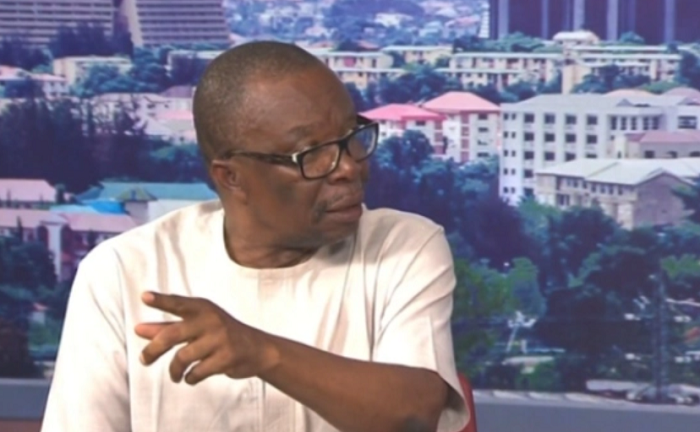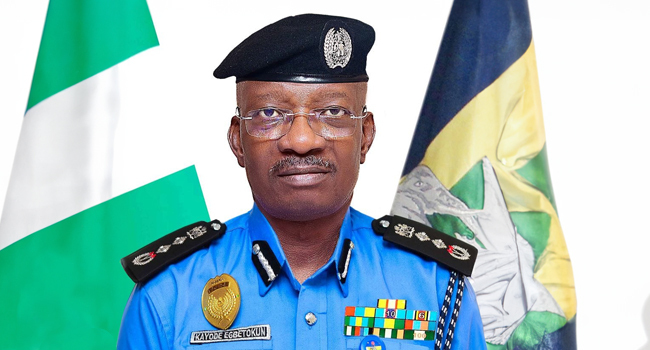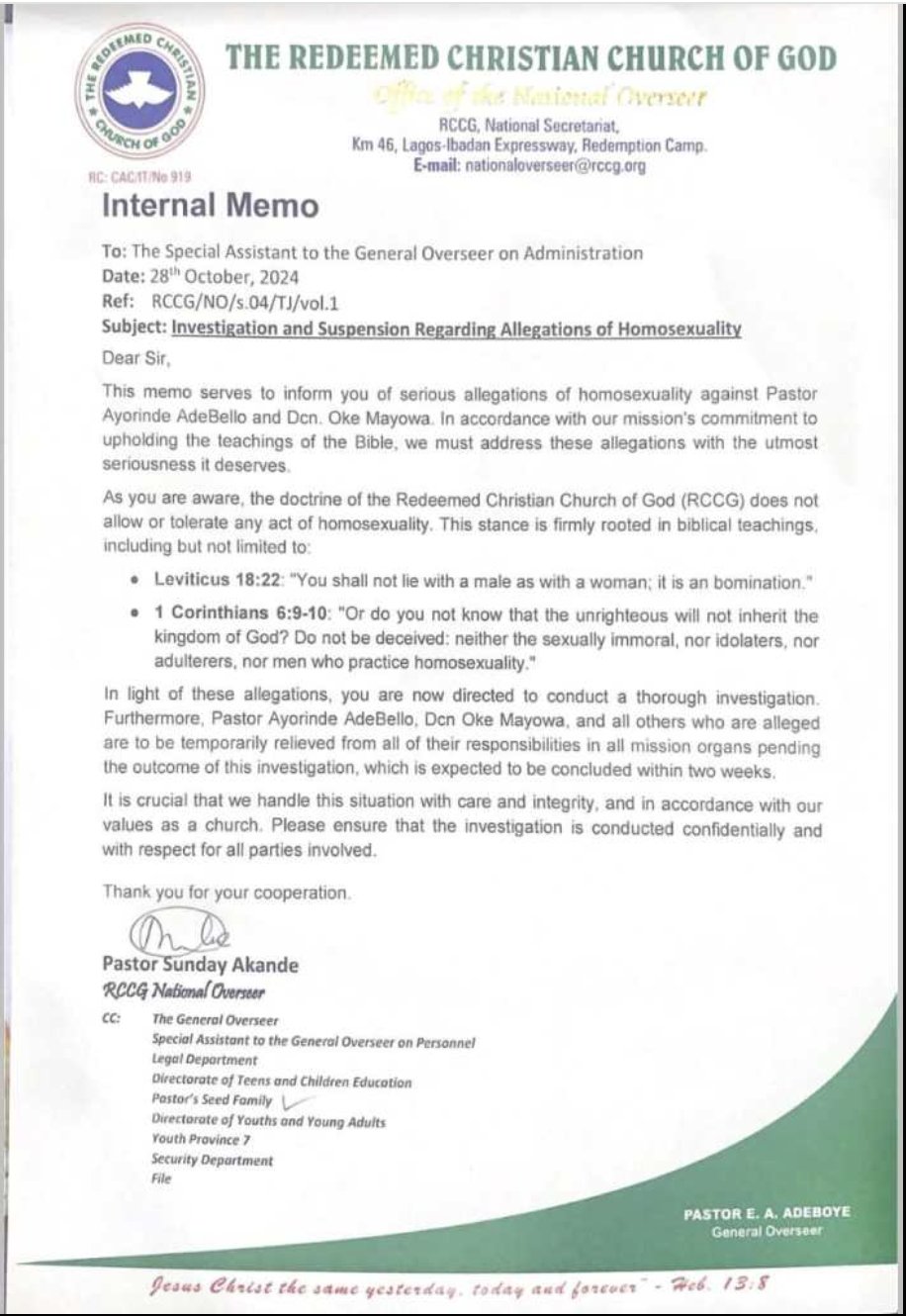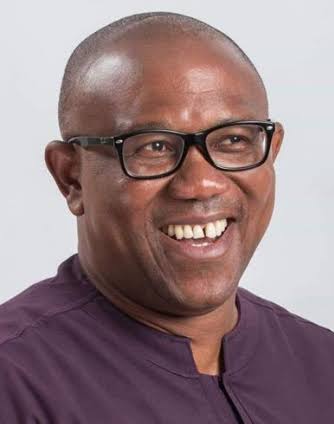
On Wednesday, Prof. Emmanuel Osodeke, the President of the Academic Staff Union of Universities (ASUU), expressed disagreement with the Federal Government's advocacy for subsidy removal.
During the inauguration of the Alex Ekwueme Federal University Ndufu-Alike Ikwo (AE-FUNAI) ASUU Branch's Secretariat, the esteemed university professor raised concerns about the lack of sincerity and corruption associated with the concept of subsidy removal. He further highlighted that the government's failure to revitalize the country's refineries indicated why the petroleum sector primarily benefited the Nigerian population as a whole.
In his perspective, he emphasized the criticality of prioritizing education, stating that any nation neglecting this aspect is destined for turmoil. He attributed the current state of affairs to the lack of serious attention given to education by past leaders over the past two to two and a half decades, asserting that this negligence is responsible for the current predicament.
"We are skeptical about the existence of fuel subsidy. It is illogical to continuously export crude oil for over 70 years without having the capacity to refine it and provide affordable fuel to our citizens in Nigeria, without pegging it to the dollar. This indicates a problem.
There is no subsidy; it doesn't require exceptional knowledge to construct a refinery. However, they have deliberately neglected the maintenance of existing refineries. Meanwhile, individuals are receiving payments. Nigeria has earned trillions of naira in the past few years, yet none of it has been invested in renovating the non-functioning refineries.
Even smaller countries like Niger have operational refineries."
Speaking to journalists following his lecture entitled "Reinvesting Nigerian Universities for Research and Development: The ASUU Perspective," Professor Biodun Ogunyemi, the former President of ASUU, urged the Federal Government to reconsider its strategy towards the education sector.
He emphasized the need for the government to actively involve lecturers and engage stakeholders in decision-making processes. He mentioned the existence of numerous reports that have yet to be implemented, and highlighted that ASUU had been in negotiations with the government regarding addressing brain drain, restoring quality, and revitalizing infrastructure. However, these efforts were abruptly halted by Dr. Chris Ngige after more than six years of discussions.
"With the advent of a new government, we are hopeful that they will revive the process and bring closure to a protracted negotiation that has spanned over seven years.
"It is disheartening that after engaging in discussions for six years, just as we were about to finalize the agreement, it was disregarded and discarded. Such actions are detrimental to labor and demonstrate a lack of support for labor-friendly practices. When one's aspirations are not fulfilled, they have no choice but to take a stand."
"We find ourselves in a work environment that is inhospitable to workers and intellectuals, and even unfavorable to students. The policies in place are unfriendly, the income is inadequate, and the infrastructure is deteriorating.
"When we consider the state of our university compared to those in other countries, such as Tanzania or South Africa, it becomes apparent that our university environment does not measure up. If we aspire to produce graduates of international caliber, we must reassess our approach to education."









Leave a comment